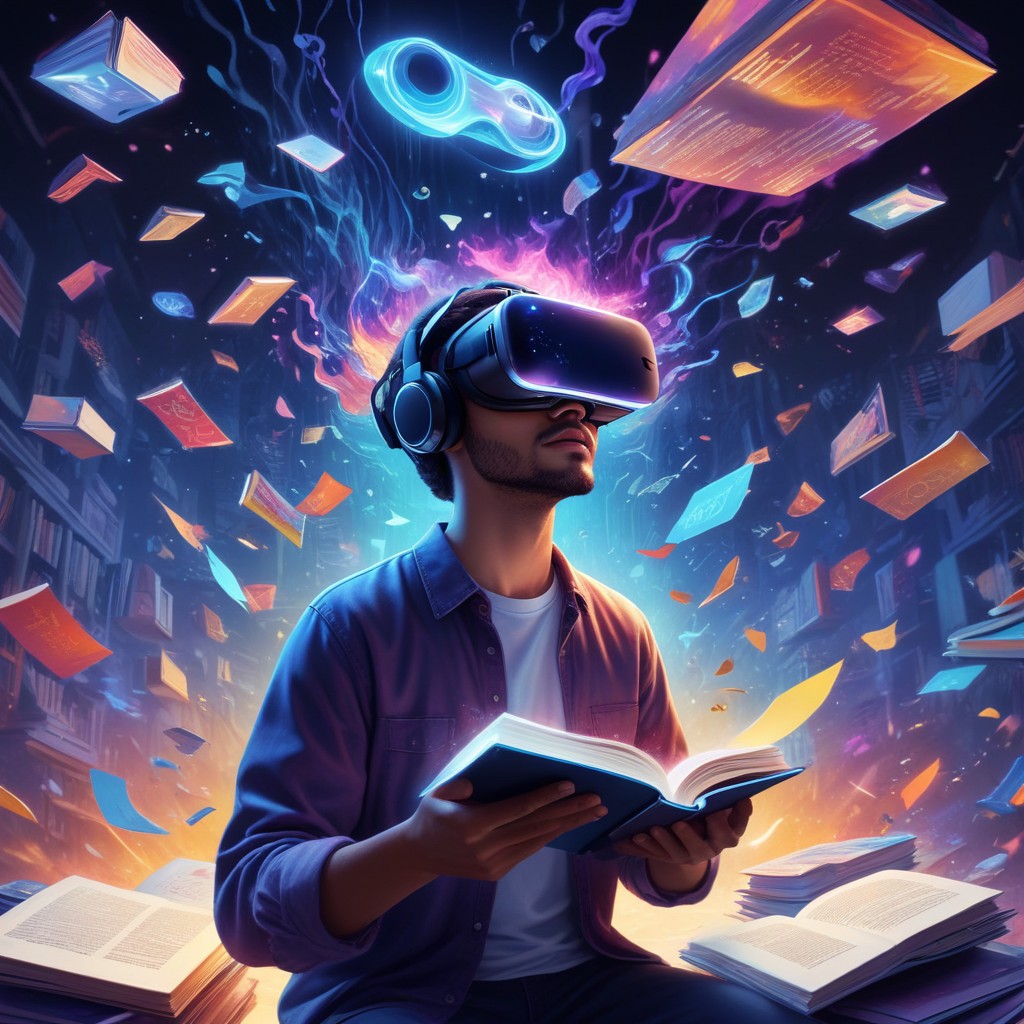AI-generated content presents both opportunities and challenges for authors in the publishing industry. Here’s a balanced view of how AI-generated content can be perceived as both a threat and an opportunity:
Threats:
- Competition and Oversaturation:
- AI-generated content can flood the market with an abundance of low-quality or generic material, increasing competition and making it challenging for authors to stand out.
- Devaluation of Creative Work:
- If AI can produce content quickly and inexpensively, there’s a risk of devaluing the creative efforts and expertise of human authors, potentially leading to lower earning potential.
- Copyright and Plagiarism Concerns:
- AI-generated content may inadvertently infringe on copyright laws or produce content that closely resembles existing works, leading to plagiarism accusations and legal challenges.
- Loss of Authenticity and Voice:
- AI-generated content may lack the authenticity, emotion, and unique voice that human authors bring to their work, resulting in less engaging and impactful storytelling.
Opportunities:
- Augmented Writing Tools:
- AI-powered writing tools can assist authors in brainstorming ideas, generating outlines, improving grammar and style, and enhancing overall writing productivity.
- Content Automation and Scale:
- AI can automate routine writing tasks, such as generating summaries, reports, or background information, allowing authors to focus more on creativity and storytelling.
- Personalized and Adaptive Content:
- AI-driven personalization can help authors tailor content to individual reader preferences, delivering more relevant and engaging experiences to diverse audiences.
- Data-Driven Insights:
- AI analytics can provide authors with valuable data insights into reader behavior, preferences, and trends, enabling informed decision-making and targeted content strategies.
- Accessibility and Inclusivity:
- AI-generated content can improve accessibility by offering audio versions, translations, and adaptive formats that cater to diverse audiences, including those with disabilities.
- Collaborative and Experimental Writing:
- AI can facilitate collaborative writing projects, experimental storytelling formats, and interactive narratives, pushing the boundaries of creativity and innovation in literature.
Conclusion:
While AI-generated content poses certain challenges and concerns for authors, it also presents significant opportunities to enhance writing processes, reach broader audiences, personalize content, and gain valuable insights. Ultimately, how authors navigate the landscape of AI-driven tools and technologies will depend on embracing innovation, leveraging AI as a supportive tool, maintaining authenticity, and continuing to prioritize creative expression and storytelling excellence.

